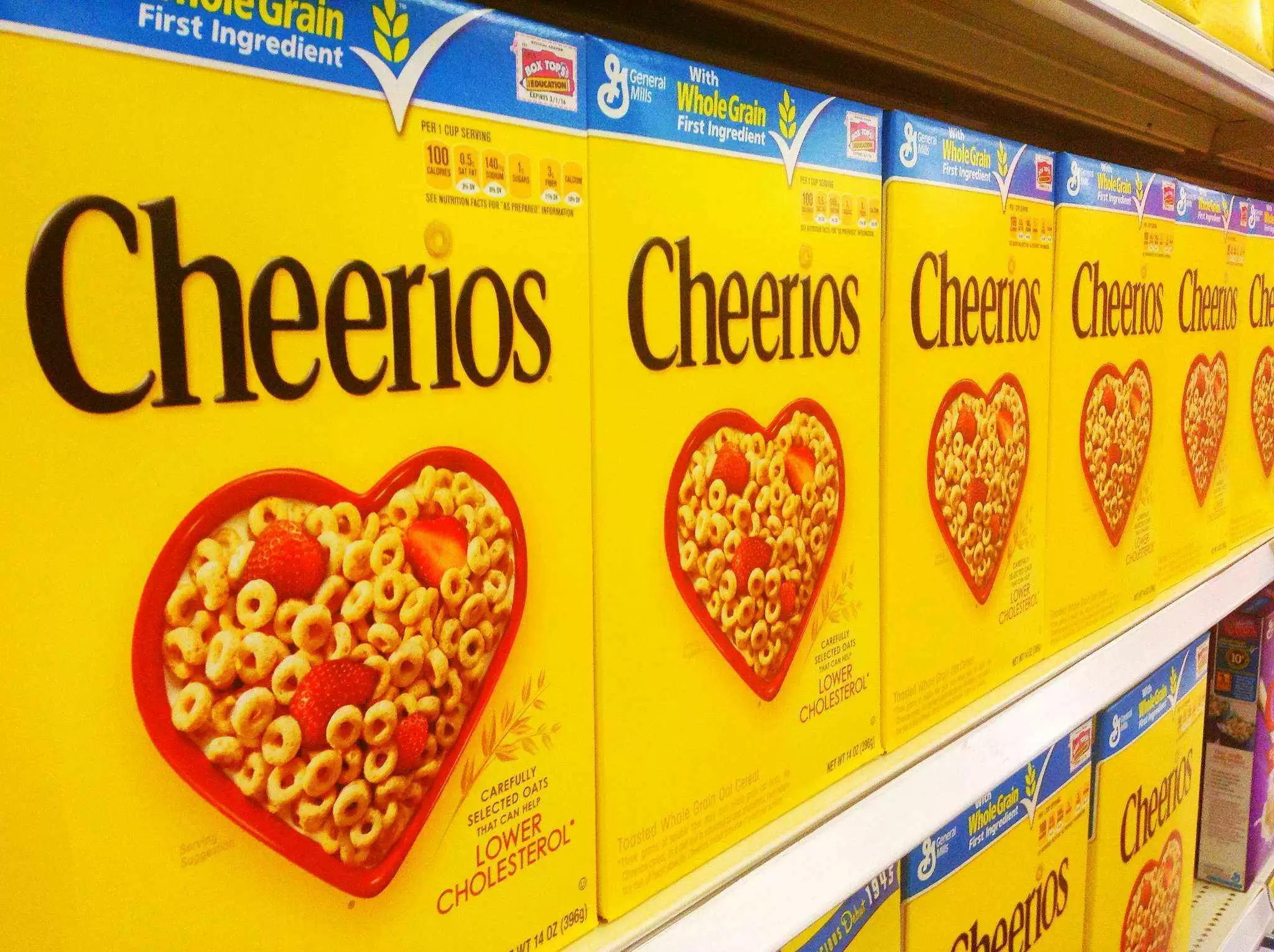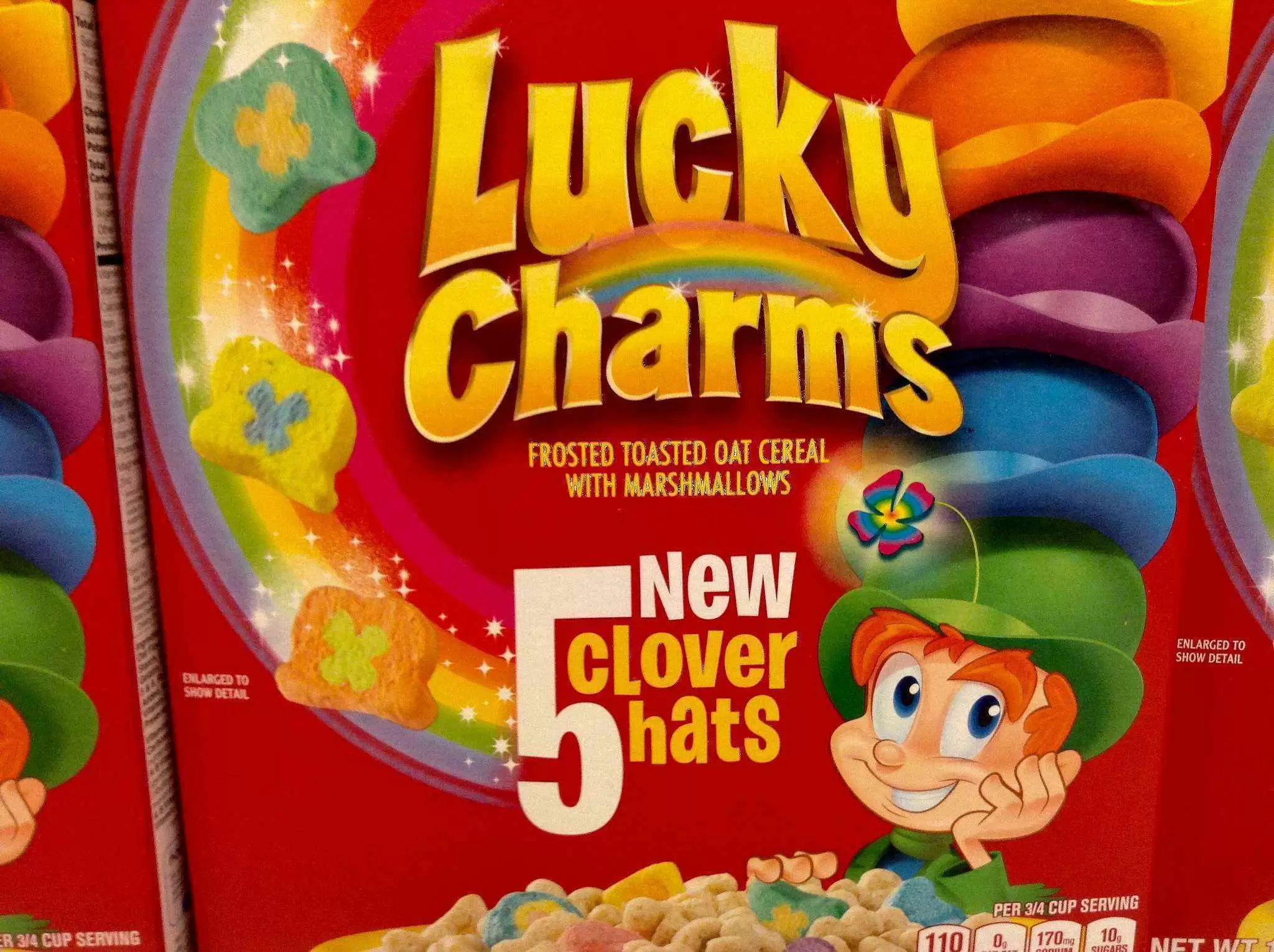
Celiac.com 10/26/2016 - There's been a bit of confusion lately over claims by the Canadian Celiac Association (CCA) that the optical sorting system used by General Mills to produce gluten-free Cheerios and other cereals is somehow flawed, and their products not safe for people with celiac disease. The CCA has issued a warning to Canadian consumers with celiac disease against eating gluten-free Cheerios products, based on concerns of possible contamination due to a what they say is a faulty sorting process.
General Mills debuted their patented optical sorting process and launched gluten-free Cheerios in the U.S. last summer, and they spent millions of dollars developing the new technology. Later, the company voluntarily recalled nearly 2 million boxes, when a plant mixing error caused wheat flour to mixed with oat flour. However, since that time there have been no known reports of systemic contamination, which is what the CCA is alleging.
Celiac.com Sponsor (A12):
General Mills launched five flavors of gluten-free Cheerios in Canada this summer: Original, Honey Nut, Multi-Grain, Apple Cinnamon and Chocolate. Clearly, the CCA is looking to protect people with celiac disease from the perceived possibility of gluten contamination, but the CCA's statement goes beyond urging simple caution, and urging celiacs to report any cases of gluten contamination and to save boxes for lab testing.
"Hearing stories…"
Samantha Maloney, former president of the Ottawa chapter of the Canadian Celiac Association, told CBC Radio's All In A Day that the General Mills process of sorting grains to produce gluten-free cereal is "flawed."
She and her group claim that they have made the claim because they have "heard stories." Has Maloney or anyone in her group actually followed up on these claims, these "stories" she's "hearing?" Without offering any proof or names, or scientific data for making her claim, Maloney went on to say that General Mills is having "a bit of a problem" with the way they are cleaning their oats. Is she saying that the product is being contaminated by gluten? It seems so.
Well, if that's true, then surely some celiac suffer who ate Cheerios and had a bad reaction must have a box of cereal that can be tested. If General Mills is churning out box after box of gluten-tainted cereal and labeling it "gluten-free," then it seems like a massive scandal and lawsuit waiting to happen. Maybe some enterprising person, or even a law firm, can go grab some boxes and get them tested, and add some actual evidence to these claims.
One would think Maloney and the CCA would confirm such information beforehand, rather than first making the claim, and then asking people to provide confirmation after the fact. If Maloney's claims are proven true, then General Mills deserves to be called out, and Celiac.com will certainly be among the first to report it.
Until then, saying that General Mills is knowingly using a faulty system to sort their gluten-free oats is simply irresponsible hearsay, and doesn't really help provide accurate information for consumers with celiac disease, something the Canadian Celiac Association claims is part of its mission. It's one thing to urge caution, and to call for testing and evidence gathering that supports any claims of gluten-contamination, but it's entirely another to claim without any evidence a product and process are flawed and likely to harm people with celiac disease.
What happens if the General Mills process turns out to be okay? What happens if Gluten-Free Cheerios and other products are perfectly safe? That means the CCA was not only wrong, they were wrong without even having any facts to support their original claim. How does that help people with celiac disease or the CCA?
Celiac.com continues to support efforts by the CCA and other groups to inform and protect people with celiac disease, but we also urge proper facts, data, context and evidence to support any hard claims about products, gluten-free or otherwise.
Regarding the status of General Mills' patented optical sorting process for producing gluten-free grains for their Cheerios and other gluten-free products, Celiac.com urges caution on the part of individual consumers. Currently there is no evidence to suggest that any of these products not gluten-free, but, there is also no evidence that similar gluten-free oat cereals made by smaller companies do a better job to ensure that their products are safe, yet there is no controversy about them.
Ultimately people with celiac disease should use caution, and, in the event they experience gluten contamination, they should save the box and report it to the Canadian Celiac Association, and/ or any of the other official resources listed on the CCA website:
- Open Original Shared Link
- Open Original Shared Link
- Open Original Shared Link
- In the USA, Open Original Shared Link.
Stay tuned to celiac.com for information on this and related stories.






Recommended Comments